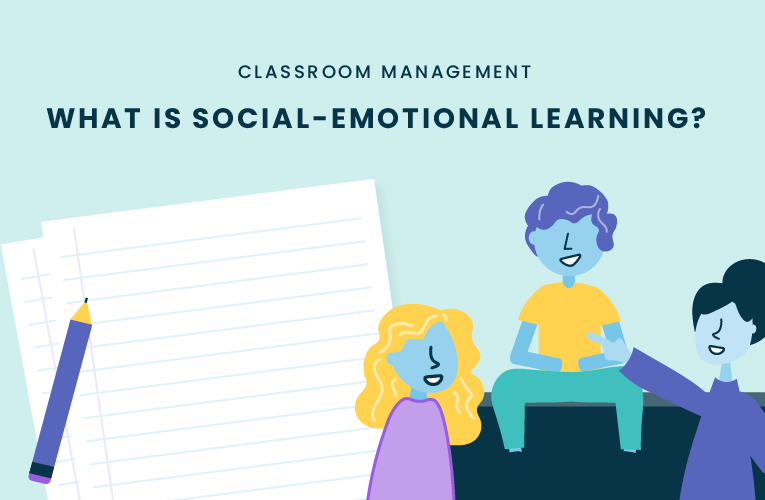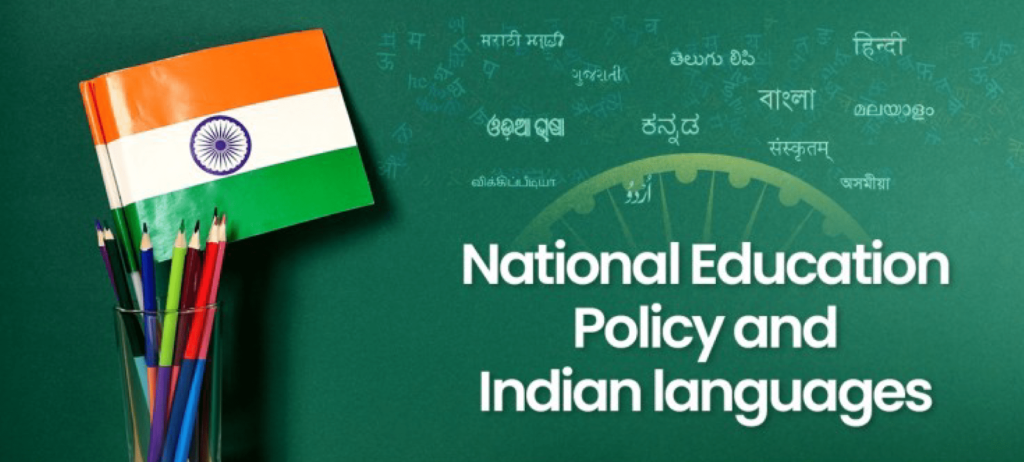Role of Discipline in School Education
Choosing the right school for your child is one of the most important decisions you’ll make as a parent, especially in an education-driven city like Dehradun. With academics, co-curriculars, and infrastructure taking centre stage, there’s one often overlooked pillar that defines a school’s value—Discipline in School Education. At Verified Campus, we consistently highlight schools that prioritise structured learning environments built on respect, punctuality, and moral development. What Does Discipline in School Education Mean? Discipline in School Education refers to the practice of training students to follow a code of conduct, develop self-control, and behave responsibly. It’s not about punishment—it’s about shaping behaviour that supports academic success, emotional maturity, and social responsibility. In today’s dynamic and distraction-filled world, discipline forms the backbone of effective learning and personal growth in schools. Why Discipline in School Education Matters 1. Promotes Focused Learning A disciplined environment helps students stay attentive during class, complete assignments on time, and avoid unnecessary distractions. Teachers can teach more effectively, and students absorb concepts more clearly. With rising screen time and social media distractions, structured routines introduced through Discipline in School Education play a critical role in helping children stay focused. 2. Builds Time Management and Responsibility Discipline teaches students the value of time. From adhering to school schedules to submitting work by deadlines, students learn to manage tasks efficiently. Discipline in School Education instils responsibility at a young age—an essential trait that shapes a child’s future in academics and life beyond school. 3. Encourages Respect for Authority and Peers Respect for teachers, school staff, and classmates is foundational for a safe, inclusive, and productive school culture. Disciplined students are more likely to follow school rules and participate in maintaining a respectful atmosphere. Discipline in School Education helps reduce incidents of bullying, disrespect, and classroom disruptions. Psychological and Emotional Benefits of Discipline Discipline isn’t only about external behaviour—it directly impacts emotional development. Children with strong disciplinary habits are: More confident Less anxious under pressure Better at handling criticism Capable of self-reflection and improvement By promoting emotional regulation, Discipline in School Education helps build emotionally resilient individuals. Role of Teachers in Imparting Discipline Teachers are central figures in reinforcing discipline through Setting clear classroom rules Leading by example Rewarding positive behaviour Providing constructive feedback Addressing misbehaviour calmly and consistently Discipline in School Education is most effective when teachers act as mentors rather than enforcers. Discipline Through Structured Activities Schools foster discipline not only through classroom management but also through structured routines in: Morning assemblies Attendance monitoring Regular assessments Sports and physical education Homework and revision schedules Discipline in School Education becomes a part of a student’s daily rhythm through such consistent systems. Secondary Keywords in Focus While Discipline in School Education remains the primary keyword, secondary factors also support student development: Moral education in schools Behavioural development in children Importance of routine for students School rules and student conduct Classroom management techniques All these elements contribute to holistic growth and create a strong foundation for children to thrive. Parents’ Role in Supporting School Discipline Discipline begins at home. To reinforce Discipline in School Education, parents must align with the school’s behavioural expectations: Monitor homework and screen time Encourage punctuality Praise positive conduct Communicate regularly with teachers When home and school discipline work in harmony, students benefit from consistency and clarity in expectations. Discipline vs Punishment: Understanding the Difference Parents need to distinguish between discipline and punishment. While punishment often invokes fear or guilt, discipline is about guiding and correcting behaviour with empathy. In progressive schools across Dehradun, the focus has shifted toward positive discipline strategies, where students are taught the consequences of their actions without harshness or humiliation. Long-Term Impact of Discipline in School Education The long-term benefits of discipline are undeniable. Students raised in a disciplined environment are more likely to: Excel academically Maintain healthy relationships Stay motivated under stress Avoid risky behaviours Succeed in professional and personal life Ultimately, Discipline in School Education plants the seeds of character that shape a student’s identity well into adulthood. What to Look for in a School Focused on Discipline If you’re a parent evaluating schools, here are signs that a school emphasises discipline constructively: Clearly communicated code of conduct Regular parent-teacher interaction Emphasis on student responsibility and values Structured daily routines and schedules Positive behaviour recognition programs You can view such details on platforms like Verified Campus, where schools are listed based on their curriculum, infrastructure, values, and conduct standards. Examples of Discipline-Oriented Practices in Top Schools Here are some practices used by well-regarded schools: Behaviour contracts are signed at the start of the year Leadership programs to promote responsibility Conflict resolution training to handle peer issues Mentoring systems where seniors guide juniors House systems and competitions to build teamwork and self-discipline Such structured, inclusive practices are the hallmarks of effective Discipline in School Education. How Discipline Influences Academic Performance Discipline in School Education plays a significant role in shaping academic performance. A well-disciplined student is more likely to stay attentive in class, take notes efficiently, revise regularly, and maintain consistency in homework. These habits, over time, lead to stronger academic outcomes and better retention of knowledge. Moreover, schools that implement time-tested disciplinary systems report higher average exam scores and better participation in both curricular and co-curricular activities. When students are taught to follow structured routines, it reduces academic pressure and builds confidence. Discipline and Peer Relationships Another essential area where Discipline in School Education makes a difference is peer interaction. Children who are disciplined tend to be more empathetic, responsible, and cooperative with classmates. They learn how to resolve conflicts peacefully, respect different opinions, and support team goals—skills that are invaluable in today’s collaborative work environments. Through proper guidance and practice, students can channel their emotions positively, making school a safe and nurturing space for all. Schools that focus on social-emotional learning integrated with discipline are more successful in creating inclusive environments where every child feels seen and supported. Conclusion Discipline in School Education isn’t just about keeping children
Role of Discipline in School Education Read More »









